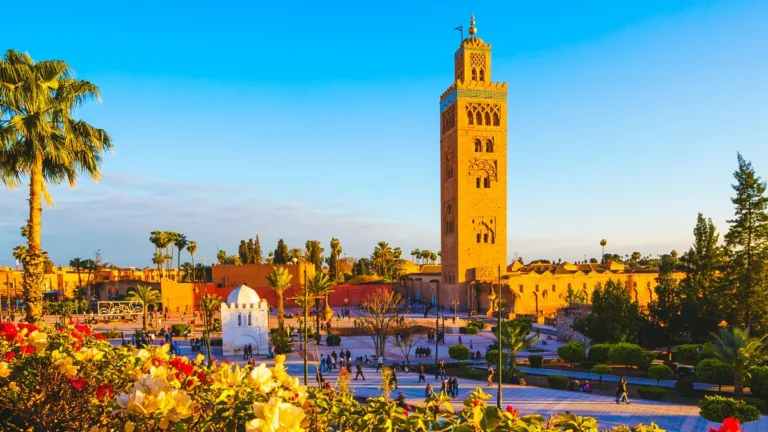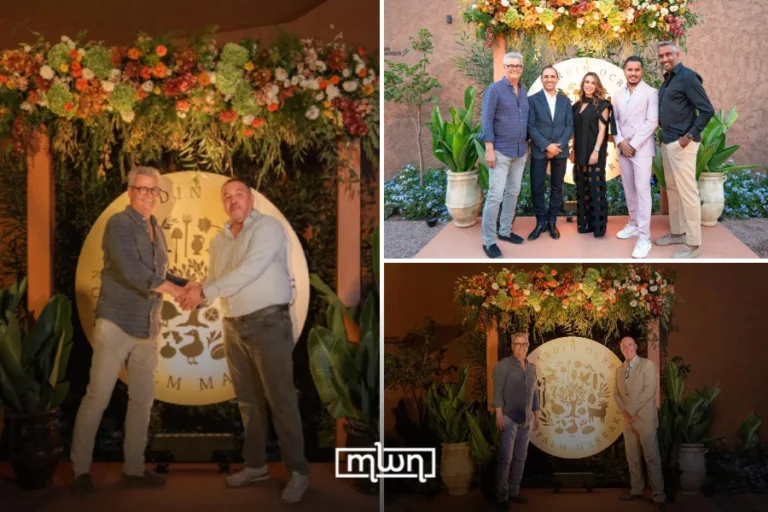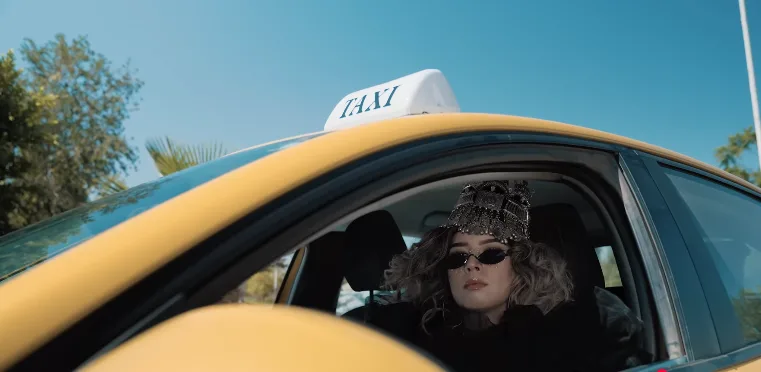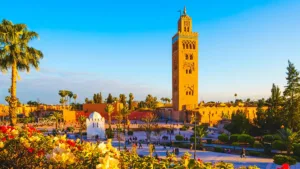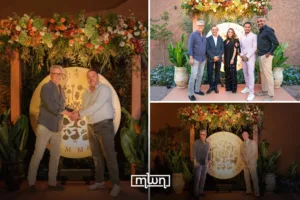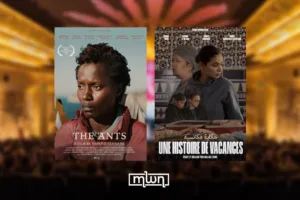Marrakech – Born in Khemisset in 1960, Najat Aatabou was never supposed to be a singer, at least not according to her family.
But one night, a friend secretly recorded her singing “J’en ai marre.” The tape traveled from hand to hand until it reached the whole country, turning a shy girl with a big voice into a national star.
Her songs are more than melodies; they’re cultural touchstones. “J’en ai marre” was the spark that ignited her career, while Sbara and Ach Dert Ana captured the restless heart of Moroccan youth in the 80s and 90s.
By the time she gave us “Machi Logique,” Najat had perfected the art of saying what women thought but rarely dared to voice.
And then came “Kadba Bayna,” a song so iconic that The Chemical Brothers sampled it years later in their global hit “Galvanize.”
But Najat never stopped evolving. With Moudawana, she turned her music toward Morocco’s family code, singing about women’s rights and justice in a way that was both daring and deeply rooted in chaabi tradition.
From smoky wedding halls to Paris’s Olympia, her voice has carried the spirit of Moroccan women, their struggles, humor, heartbreaks, and strength.
Today, when Najat sings, Morocco doesn’t just listen. Morocco remembers, dances, and sometimes even argues.
But above all, it recognizes her as the Lioness of the Atlas, a woman who transformed personal pain into national poetry and left behind a soundtrack that belongs to everyone.


